Virat Kohli wide: Why did the umpire not give a wide ball? Was the decision right or wrong? Know what ICC's rule is
Virat Kohli wide: At the end of the match between India and Bangladesh in the World Cup 2023, a ball was outside the leg stump. Virat needed 3 runs to score a century and India needed 2 runs to win. Umpire Richard Kettleborough did not give the ball wide. Was his decision right or wrong? Let us know what is the rule of ICC
Virat Kohli wide ball against Bangladesh
In the World Cup 2023 match against Bangladesh, India needed 2 runs to win and Virat Kohli needed 3 runs for his century. Bangladesh's left arm spinner Nasum Ahmed bowled the ball, which was going outside the leg stump. Kohli thought that the umpire would declare the ball wide but on-field umpire Richard Cattelbro did not declare the ball wide. Due to the umpire's decision, Kohli got a chance to complete his 48th century and he completed the century by hitting a six after two balls and gave India victory.
Since then, umpire Richard Kettleborough has been criticized for not giving wide to the ball outside the leg stump so that Kohli could complete his century. Who is right after all? Did the umpire help Kohli or was his decision not to call Nasum's ball wide under ICC rules? Let us know.
Why did the umpire not give a wide ball? right or wrong?
First of all, let us tell you what is the rule of Marylebone Cricket Club, the body that makes the rules of cricket, regarding wides. Which ball can the umpire declare wide? According to Article 22.1.1 of the MCC, “which deals with wide balls in cricket, a ball is deemed to be off the striker unless it is within his reach to play a normal cricket shot.”

Image Source: Hotstar
Know why the umpire did not give a wide ball
ICC has changed the rules of WIDE: Last year, ICC had made some changes in the rules of wide keeping in mind the shorter format of cricket. Actually, in fast cricket, the batsman moves the ball here and there several times before throwing it to make a shot. In such a situation, many times the umpire used to declare such balls as wide, which would cause trouble to the bowler if the batsman shifted his position. Used to throw outside leg or offside. Keeping this in mind, rule 22.1 made for wide was amended. In this, it was arranged that before declaring a ball wide, the field umpire will also take into account the position of the batsman during the shot. No ball will be declared wide just by considering the distance of the ball from the wicket.
Also Read: Warner and Marsh record the second highest opening partnership in ODI World Cup


Disclaimer
Possible11 is a sports news and analysis platform designed purely for entertainment and educational purposes. All match previews, player insights, and team analyses are based on publicly available information and expert opinions. We do not promote or support betting, gambling, or real-money gaming in any form. Users are encouraged to enjoy our content responsibly and use it for informational purposes only.

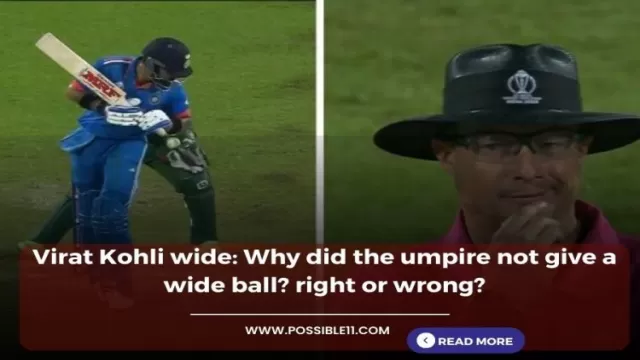


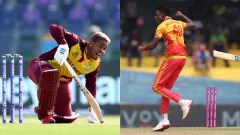


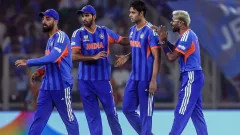

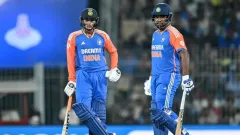
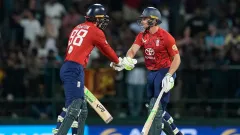



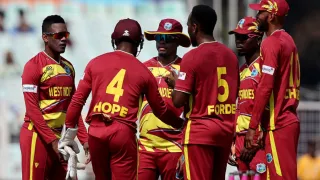
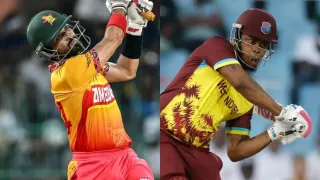
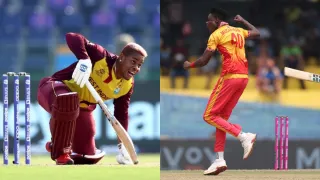
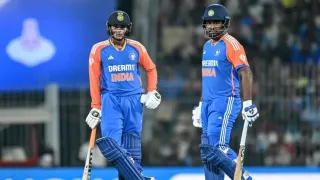



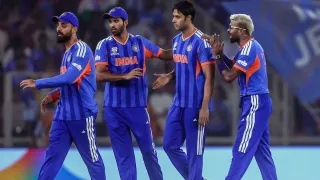
Give Your Feedback